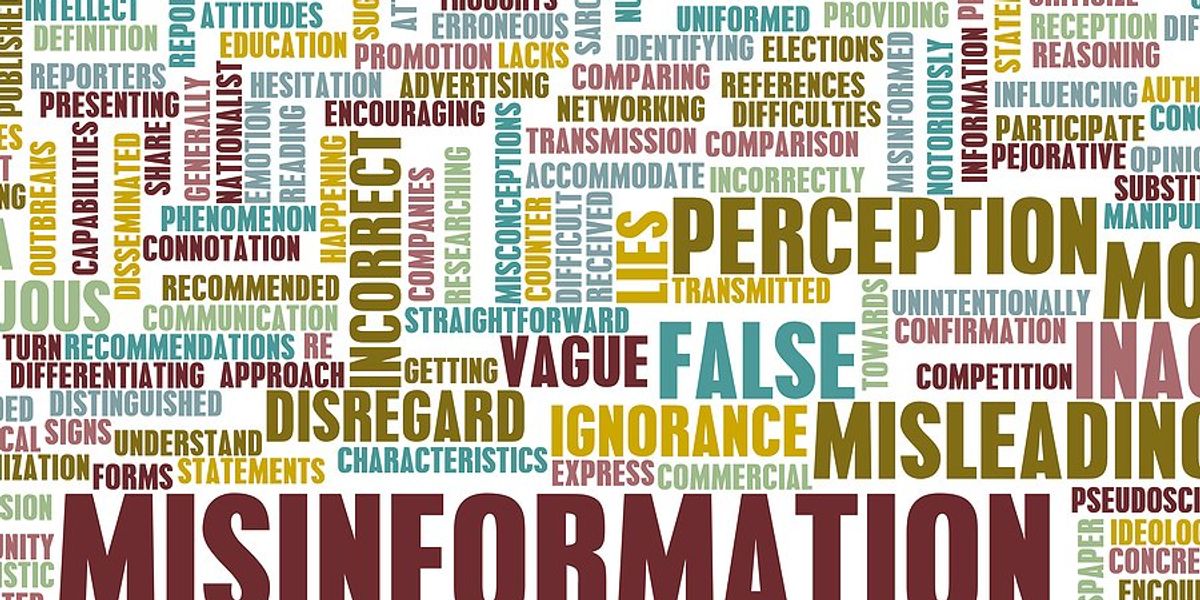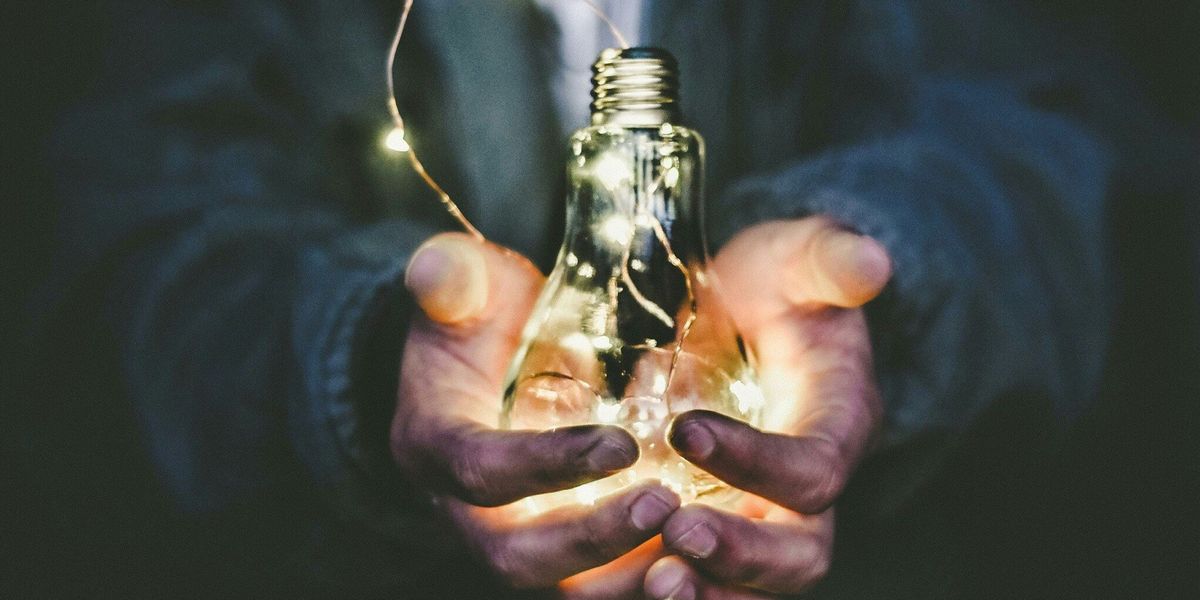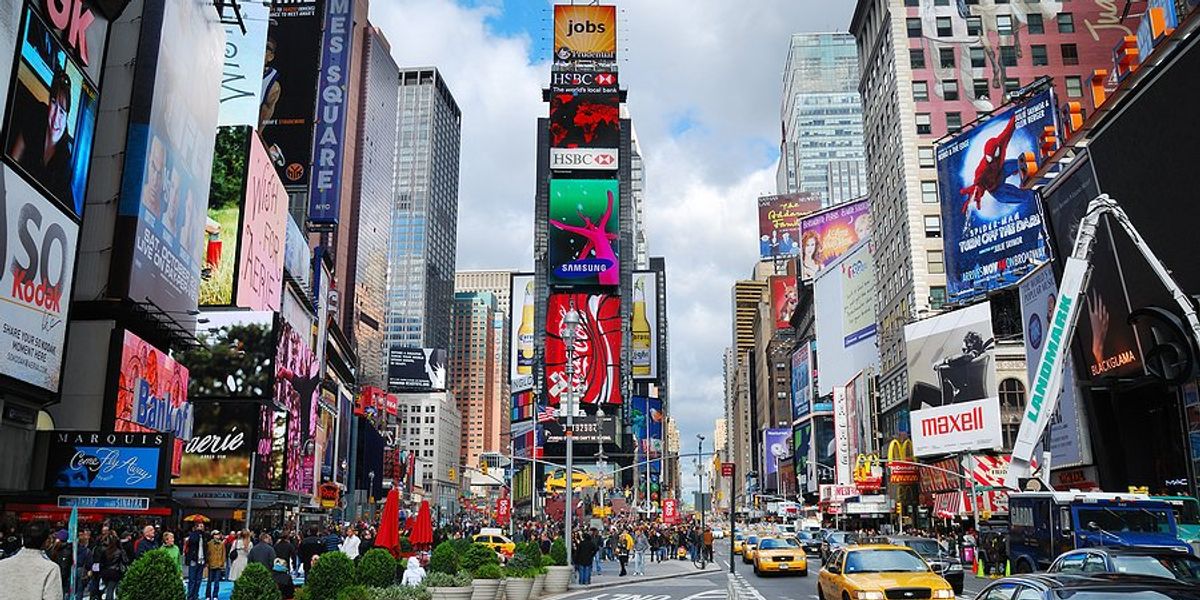hurricane beryl
Texas faces rising carbon monoxide risks after Hurricane Beryl
After Hurricane Beryl, carbon monoxide poisoning cases in Texas surged, reflecting a pattern since the 2021 winter storm.
Lexi Churchill reports for The Texas Tribune and ProPublica.
In short:
- Following Hurricane Beryl in July, Texas reported its highest carbon monoxide poisoning cases since the 2021 winter storm, with two deaths and 400 hospitalizations.
- The lack of mandatory carbon monoxide detectors in homes contributed to these incidents. Texas updated its building codes in 2022 to require detectors in new homes but allowed cities to opt out.
- Efforts to enhance generator safety standards are underway at the federal level, but no completion timeline exists.
Key quote:
“We did a stupid thing. We got careless, and it only takes one time. And if we had the detector, it would have been a different story.”
— Debbie Wells, Houston resident
Why this matters:
Power outages during severe weather can lead to increased reliance on generators, elevating the risk of carbon monoxide poisoning. Without comprehensive regulations and safety measures, such incidents may become more frequent as extreme weather events occur more often.
Texas sees growing interest in rooftop solar after Hurricane Beryl
A recent surge in rooftop solar adoption in Texas is likely to continue following Hurricane Beryl, as grid instability drives more residents to seek energy independence.
In short:
- Texas ranks third in small-scale solar generation but 20th on a per-capita basis, indicating significant growth potential.
- The Biden administration's Solar for All program is funding rooftop solar projects for low- and moderate-income households in Houston.
- Rising utility costs and grid reliability concerns are key drivers of increased interest in solar energy.
Key quote:
"I think the public is ready to embrace a paradigm shift in how we manage power distribution in Houston."
— Rafael Lemaitre, spokesman for Power Up Harris County
Why this matters:
Adopting rooftop solar can help reduce reliance on fossil fuels and improve grid resilience. It offers a sustainable solution to rising utility costs and power outages.
Hurricane Beryl intensifies Texas hunger crisis
Hurricane Beryl's devastation in southeastern Texas has deepened hunger issues, leaving many without power and spoiling food supplies.
In short:
- The hurricane caused $3.3 billion in damage and claimed at least 20 lives.
- Ongoing power outages and heat waves worsen food spoilage, increasing food insecurity.
- Relief efforts include deploying refrigerated trucks and emergency SNAP benefits.
Key quote:
“There are immediate needs that happen because of the storm. ‘I don’t have power. What am I going to cook?’”
— Brian Greene, president of Houston Food Bank
Why this matters:
Power outages and food spoilage exacerbate existing food insecurity, particularly affecting vulnerable populations. Emergency relief provides short-term help but doesn't solve underlying hunger issues.
Texans endure power outages and heat one week after Hurricane Beryl
More than 200,000 CenterPoint Energy customers remain without power in southeast Texas, facing heat and frustration a week after Hurricane Beryl.
Jaden Edison and Pooja Salhotra report for The Texas Tribune.
In short:
- Hurricane Beryl left more than 200,000 CenterPoint Energy customers without power in southeast Texas.
- Residents struggle with 90-degree heat, relying on generators and eating fast food to cope.
- CenterPoint Energy has restored power to most but still faces criticism for delays and poor communication.
Key quote:
"It's like they’re just leaving me for last."
— Rodolfo Peña, Channelview resident
Why this matters:
Prolonged power outages during extreme heat waves can lead to a cascade of problems, from heatstroke and dehydration to the inability to preserve food and maintain essential medical equipment.
Hurricane Beryl highlights vulnerabilities in Houston's infrastructure
When Hurricane Beryl struck Houston, it revealed significant weaknesses in the city's ability to withstand even a mild hurricane, leaving millions without power.
In short:
- Hurricane Beryl, a category 1 storm, caused widespread power outages and flooding in Houston, highlighting the city's vulnerability.
- Experts warn that stronger storms could lead to catastrophic damage, similar to the aftermath of Hurricane Katrina in New Orleans.
- The storm raised concerns about the preparedness of Houston's infrastructure, particularly the power grid managed by CenterPoint Energy.
Key quote:
"A Cat 1 hurricane shouldn’t knock out your power system. I think you’ve got a problem with the power company, frankly."
— Kerry Emanuel, veteran hurricane researcher and professor emeritus at the Massachusetts Institute for Technology
Why this matters:
Houston's experience with Hurricane Beryl emphasizes the need to improve infrastructure to handle stronger storms. As climate change intensifies, such preparedness is vital to protect lives and property.
Texans endure power outages and extreme heat after Hurricane Beryl
More than a million Texans remain without power days after Hurricane Beryl, grappling with debris, heat, and inadequate resources.
Jaden Edison, Jess Huff, Pooja Salhotra, and Kayla Guo report for The Texas Tribune.
In short:
- Hurricane Beryl caused extensive damage, leaving 1.3 million Texans without power, with full restoration expected to take days or weeks.
- Cooling centers and supply stations have been set up to assist residents coping with the extreme heat and lack of electricity.
- Officials face scrutiny over preparedness and response, as residents demand accountability from utility companies.
Key quote:
"It looks like Vietnam after a bomb raid."
— Rod “Doc” Pierce, Sargent resident
Why this matters:
Hurricane Beryl's aftermath highlights the increasing frequency and severity of natural disasters exacerbated by climate change, stressing the need for improved infrastructure and disaster preparedness.
Hurricane Beryl leaves millions of Texans without power amid soaring heat
Millions of Texans face a third day without power as Hurricane Beryl's aftermath coincides with dangerously high temperatures.
Pooja Salhotra, Emily Foxhall, and Alejandra Martinez report for The Texas Tribune.
In short:
- Nearly 3 million Texans lost power due to Hurricane Beryl, with restoration efforts expected to take several days.
- The heat index is projected to exceed 100 degrees in some areas, exacerbating health risks for those without air conditioning.
- Officials emphasize the urgency of restoring power but face criticism over preparedness and response efforts.
Key quote:
“The power system is a life-saving critical infrastructure — it’s the difference between life and death. The era of nobody could have foreseen these conditions is over.”
— Costa Samaras, a professor of civil and environmental engineering at Carnegie Mellon University
Why this matters:
The combination of extreme heat and prolonged power outages poses severe health risks, especially for vulnerable populations. During these intense heatwaves, air conditioning becomes not just a comfort but a necessity for survival. Yet, power outages strip away this vital lifeline, leaving people to endure sweltering conditions with little relief. Without cooling centers or sufficient emergency measures in place, the risks of heat stroke, dehydration, and other heat-related illnesses skyrocket.



















